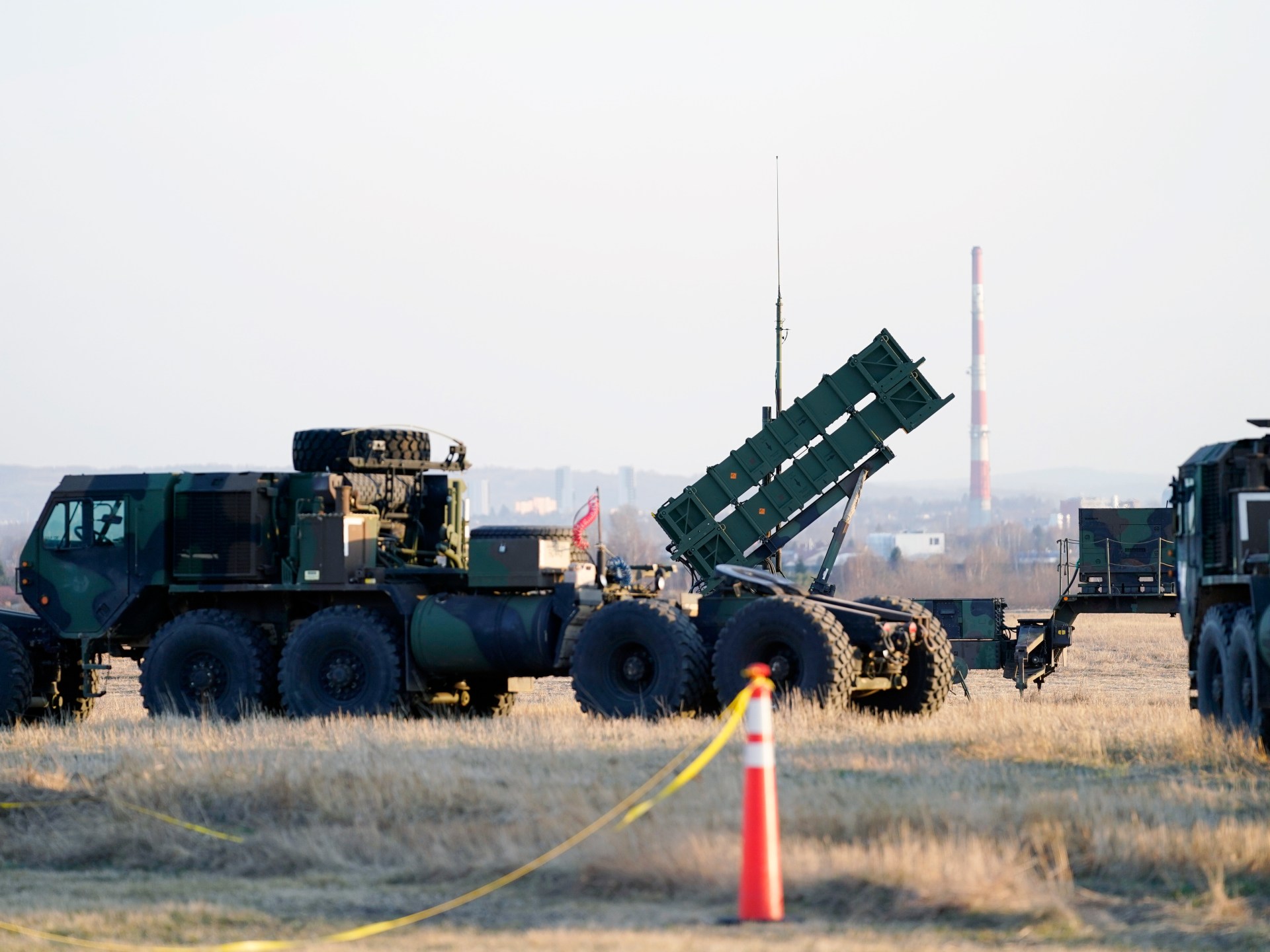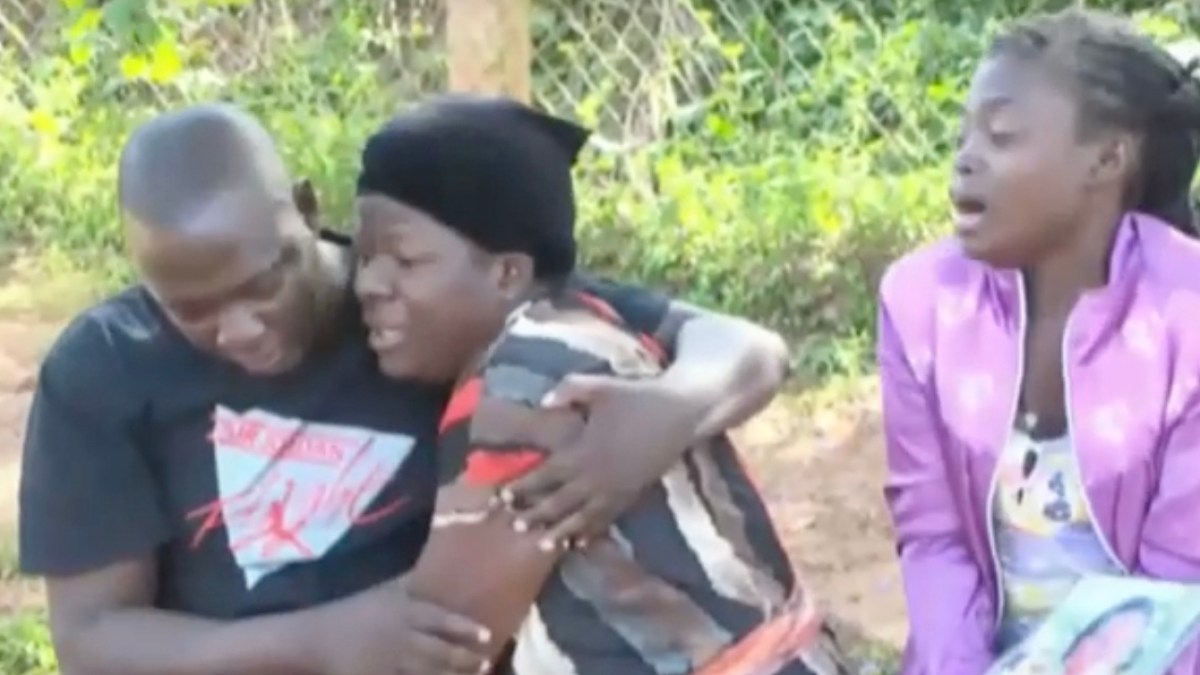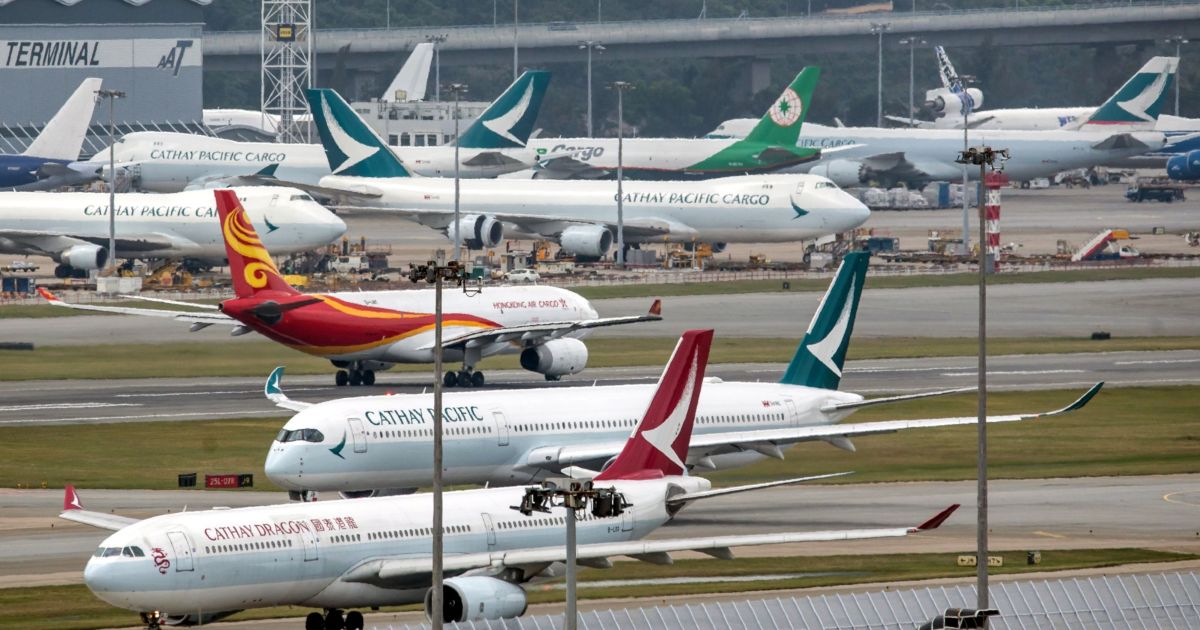Poland and Hungary clash with EU leaders over migration reform | Migration News
Migration has become a flashpoint in the European continent’s politics and a central focus of far-right parties.
The far-right leaders of Hungary and Poland have rejected a group statement on irregular migration as a summit of European leaders came to a close.
Hungarian Prime Minister Viktor Orban and Polish Prime Minister Mateusz Morawiecki shot down a proposed statement for inclusion in a document on the summit’s conclusion on Friday.
The move forced European Council President Charles Michel to issue a separate statement in his name about asylum policy and border protection, and the French and German leaders said the legislative process on the issue would continue as planned.
Spain’s Prime Minister Pedro Sanchez, who hosted the summit in Granada, dismissed concerns about the clash.
“The most important thing is what our interior ministers achieved a few weeks ago with the agreement on crisis regulation, because that is what is really relevant in political terms,” he said.
But the gathering did hand Polish Prime Minister Mateusz Morawiecki, who is facing a general election this weekend, and Hungary’s Viktor Orban a stage on which to brandish populist credentials for their domestic audiences.
Morawiecki boasted that his “veto” on a joint statement on migration “meant that this process will not proceed … and Poland has a chance to stop it.”
Orban compared accepting refugees to sexual assault.
“The agreement on migration, politically, it’s impossible — not today [or] generally speaking for the next years,” Orban said. “Because legally we are, how to say it – we are raped. So if you are raped legally, forced to accept something what you don’t like, how would you like to have a compromise?”
The bloc of European nations has remained divided over how to address irregular migration, a topic that has become a flashpoint in the continent’s politics and a central focus of far-right parties who have called for heightened restrictions.
On Wednesday, a deal was struck on means of addressing periods of especially high arrivals, removing a key obstacle in the effort to enshrine a larger immigration overhaul before upcoming EU elections.
For years, Europe has been on the forefront of a global trend of border militarisation, deportations, and deterrence measures meant to increase the risks of irregular migration.
Tens of thousands of migrants and refugees, many of them fleeing war and conflict in countries like Syria and Afghanistan, have paid with their lives, drowning in desperate efforts to cross the Mediterranean in search of safety and a better future.
Human rights groups have laid such tragedies squarely at the feet of the EU’s harsh deterrent measures, which include agreements with foreign governments that critics say outsource the most sordid elements of immigration enforcement and encourage rights abuses.
Such steps have not stopped right-wing parties in countries like Hungary and Poland from capitalising on anxieties about migration and leaning into rhetoric that describes migrants as criminals and “invaders”.
Leaders from both of those countries have flatly rejected statements that all European countries should share the distribution of newly arrived migrants. Polish Prime Minister Morawiecki said on Friday that he would push back against a “dictate coming from Brussels and Berlin”.
European Commission President Ursula von der Leyen struck an optimistic note at the end of the summit, saying that Wednesday’s agreement had been “a big success”.
“This was an important piece of the puzzle of the whole puzzle of the Migration and Asylum pact,” she said.




